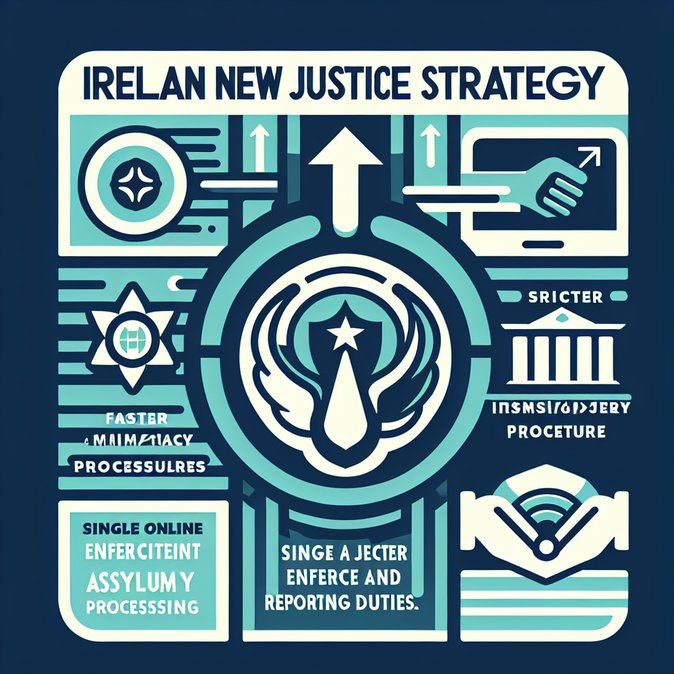
Effective for all arrivals after 10 November 2025, the Irish Government will now provide newly arrived Ukrainians with just 30 days of State-funded accommodation, down from 90. The change, confirmed by the Department of Integration and first reported on 21 November by Irish blog network IrishBlogs.ie, is aimed at reducing pressure on an overstretched reception system that still houses more than 26,000 Ukrainians and 22,000 international protection applicants.
After the initial month, beneficiaries of Temporary Protection will be expected to secure private rentals or move in with host families under the Accommodation Recognition Payment scheme. Officials argue that shortening the stay aligns supports with those offered to other refugee groups and encourages early labour-market participation. Critics, including the Irish Refugee Council, say the measure risks pushing vulnerable families into homelessness during a housing crisis.
![Government cuts free State accommodation for new Ukrainian arrivals from 90 to 30 days]()
For corporates seconding staff from Ukraine, the practical implication is that newly arrived employees—or their sponsoring companies—must budget for private accommodation almost immediately. HR teams should brief relocating staff on tighter timelines and explore employer-sponsored housing or extended corporate-stay solutions.
Property-owners hosting Ukrainians will continue to receive the €600 monthly payment, recently cut from €800, but only once State accommodation ends. Industry observers expect a rush for short-term lets in early December and advise booking inventory well in advance.
The policy shift is part of a broader recalibration of Ireland’s Temporary Protection response, which already includes faster PPS number issuance and access to the labour market upon arrival. Further changes—including a move to means-tested welfare payments—are expected in early 2026.
After the initial month, beneficiaries of Temporary Protection will be expected to secure private rentals or move in with host families under the Accommodation Recognition Payment scheme. Officials argue that shortening the stay aligns supports with those offered to other refugee groups and encourages early labour-market participation. Critics, including the Irish Refugee Council, say the measure risks pushing vulnerable families into homelessness during a housing crisis.

For corporates seconding staff from Ukraine, the practical implication is that newly arrived employees—or their sponsoring companies—must budget for private accommodation almost immediately. HR teams should brief relocating staff on tighter timelines and explore employer-sponsored housing or extended corporate-stay solutions.
Property-owners hosting Ukrainians will continue to receive the €600 monthly payment, recently cut from €800, but only once State accommodation ends. Industry observers expect a rush for short-term lets in early December and advise booking inventory well in advance.
The policy shift is part of a broader recalibration of Ireland’s Temporary Protection response, which already includes faster PPS number issuance and access to the labour market upon arrival. Further changes—including a move to means-tested welfare payments—are expected in early 2026.


